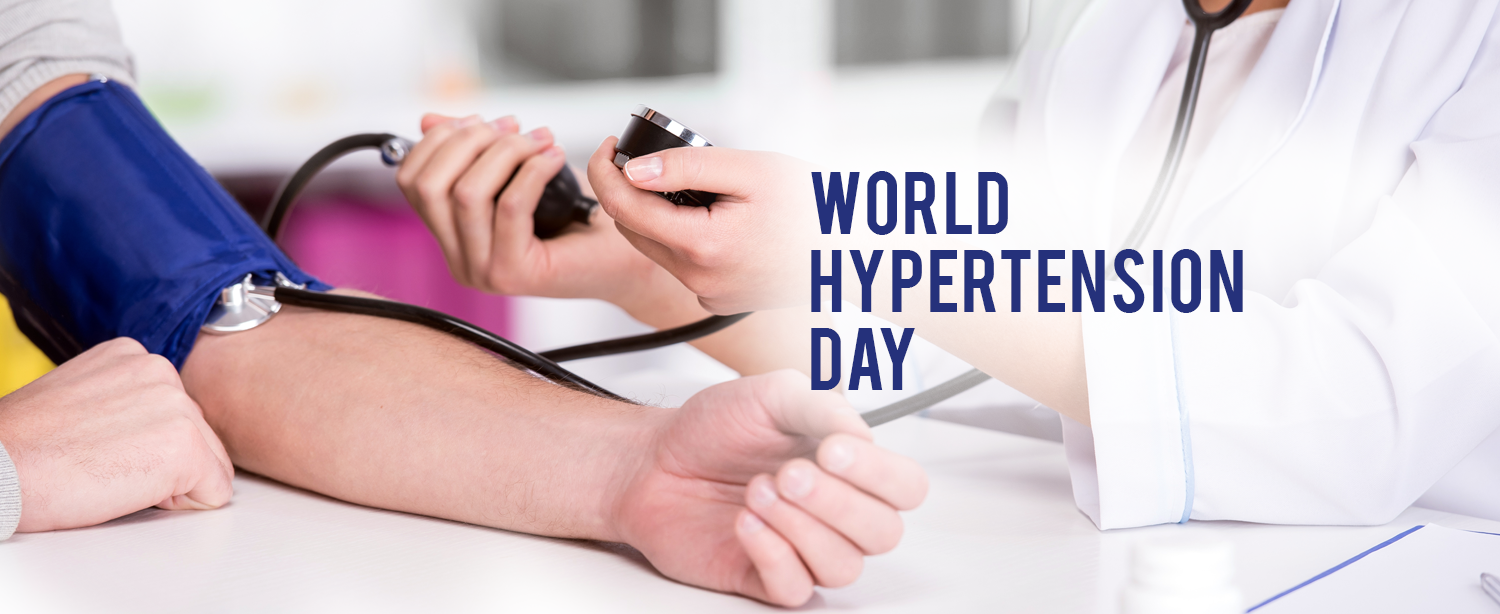What is hypertension?
Hypertension is the medical term for high blood pressure. This means that the blood applies too much force against the walls of the blood vessels. Medical guidelines define hypertension as blood pressure higher than 130 over 80 millimeters of mercury (mmHg).
Important facts about high blood pressure:
- High blood pressure may be linked to a higher risk of dementia.
- Young people can have high blood pressure, too.
- 1 in 5 adults are unaware of their high blood pressure.
- Women face pregnancy complications due to high blood pressure.
Risk factors
A number of risk factors increase the chances of having hypertension.
- Age: Hypertension is more common in people aged over 60 years.
- Ethnicity: Some ethnic groups are more prone to hypertension.
- Size and weight: Being overweight or obese is a key risk factor.
- Alcohol and tobacco use: Consuming large amounts of alcohol regularly can increase a person’s blood pressure, as can smoking tobacco.
- Existing health conditions: Cardiovascular disease, diabetes, chronic kidney disease, and high cholesterol levels can lead to hypertension, especially as people get older.
- Hereditary factors: A family history of high blood pressure and poorly managed stress can also contribute.
Signs
Blood pressure can be measured by a sphygmomanometer, or blood pressure monitor. Having high blood pressure for a short time can be a normal response to many situations like stress or intense exercise. For this reason, a diagnosis of hypertension normally requires several readings that show high blood pressure over time.
Symptoms
A person with hypertension may not notice any symptoms, and it is often called the "silent killer." Regularly checking your blood pressure is vital, as there will usually be no symptoms to make you aware of the condition.
It is maintained that high blood pressure causes sweating, anxiety, sleeping problems, and blushing. If blood pressure reaches the level of a hypertensive crisis, a person may experience headaches and nosebleeds.
Complications
Hypertension and heart disease are global health concerns. The World Health Organization (WHO) suggests that the growth of the processed food industry has impacted the amount of salt in diets worldwide, and that this plays a role in hypertension.
Long-term hypertension can cause complications through atherosclerosis, where the formation of plaque results in the narrowing of blood vessels. This makes hypertension worse, as the heart must pump harder to deliver blood to the body.
Hypertension-related atherosclerosis can lead to:
- Heart failure and heart attacks.
- An aneurysm, or an abnormal bulge in the wall of an artery that can burst, causing severe bleeding and, in some cases, death.
- Kidney failure.
- Stroke.
- Amputation.
- Hypertensive retinopathies in the eye, which can lead to blindness.
Hypertension in India:
According to data from the National Health Profile (NHP) 2018, more people were diagnosed with hypertension than diabetes in India in 2017. The prevalence of hypertension among 18-25 years-old was higher than that estimated by the World Health Organization and in fact than any other country in the world.
Prevent Hypertension:
Your age, along with a family history of hypertension and ethnicity are among the hypertension risk factors that are out of your control. To avoid a hypertension diagnosis, make these healthy lifestyle choices:
- Maintain a healthy weight. When it comes to hypertension prevention, your weight is crucial. Obesity increases your chances of getting hypertension.
- Eat a balanced diet. Consider following the DASH diet which stands for Dietary Approaches to Stop Hypertension. The DASH diet emphasizes vegetables, fruits and low-fat dairy foods — and moderate amounts of whole grains, fish, poultry and nuts which are rich in potassium, calcium and magnesium.
- Cut back on salt. For many people, eating a low-sodium diet can help keep blood pressure normal. The higher the sodium intake, the higher the blood pressure.
- Exercise regularly. Get moving to prevent hypertension. Physical activity is crucial. The more exercise you get, the better, but even a little bit can help control blood pressure. Moderate exercise for about 30 minutes three times a week is a good start.
- Limit alcohol. Drinking too much alcohol can lead to high blood pressure. For women, that means no more than one drink a day, and for men, no more than two.
- Monitor your blood pressure. Make sure that you have your blood pressure measured regularly, either at your doctor’s office or at home.
- Avoid stress. Learn to manage your stress better to help control your blood pressure control.
- Smoking can raise blood pressure. Giving up smoking reduces the risk of hypertension, heart conditions, and other health issues.
Take a look at your lifestyle habits and decide where you can make changes to help prevent hypertension. Adopting these lifestyle changes can help prevent high blood pressure if your blood pressure is currently under control or lead to lower blood pressure if your numbers are already elevated.
Consult doctors at Kokilaben Dhirubhai Ambani hospital to manage Hypertension better. Please find below website link for more details:
https://www.kokilabenhospital.com/departments/clinicaldepartments/internalmedicine/hypertension.html


